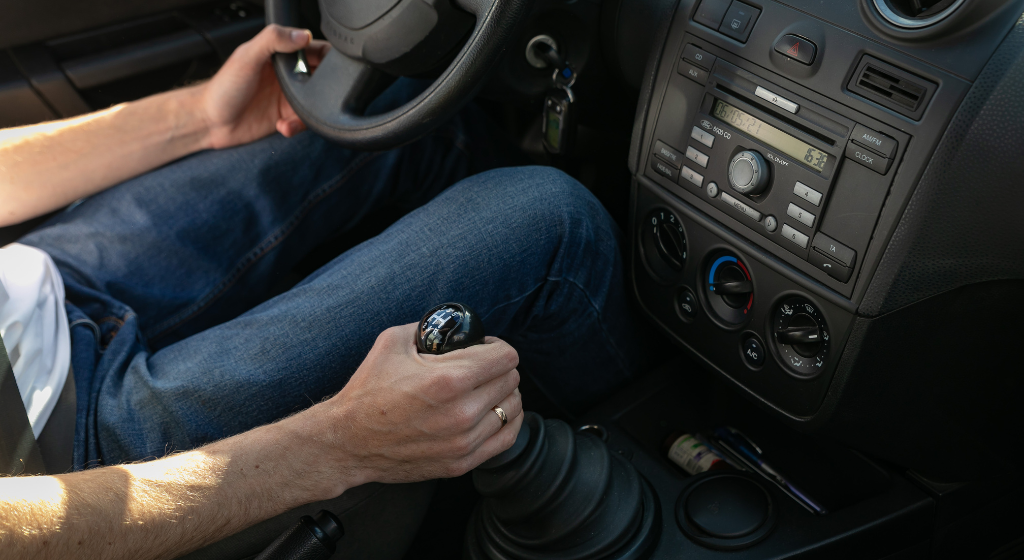The decision of when to take your driving test is an important one as it can significantly impact your chances of passing. Before taking a driving test and getting a driver’s license, it’s important to take driving lessons from a good driving school or instructor. These lessons help you learn the skills, knowledge, and confidence needed to drive safely and responsibly on the road.
Factors such as the availability of test dates, personal schedules, weather conditions, and traffic can all influence the outcome of your test. This article will explore the best time to take the driving test and the various factors you should consider when making this decision.
Factors to Consider:
When deciding on the best time to take the driving test, several factors should be taken into account. Firstly, the availability of test dates is crucial, particularly if you need to pass your test by a specific deadline. It is important to check with your local DMV or licensing agency for available test dates and book as soon as possible to ensure you secure a date that suits your schedule.
Your personal schedule is another critical factor to consider when choosing the best time to take the driving test. You need to ensure that you are well-rested and free from distractions and commitments on the day of your test. Taking time off work or school and avoiding other commitments can ensure that you are focused and relaxed during the test.
Weather conditions can also influence the outcome of your test. Driving in adverse weather conditions such as rain, snow, or high winds can be challenging and may affect your driving ability. It is best to avoid booking your test during extreme weather conditions, and if possible, choose a day when the weather is expected to be calm and dry.
Finally, the time of day and traffic conditions should also be considered. Driving during peak traffic hours can be stressful, particularly for new drivers, and may increase the likelihood of accidents. It is best to avoid rush hour traffic and book your test during a quieter time of the day.
Advantages of Taking the Driving Test in the Morning:
There are several advantages to taking the driving test in the morning. Firstly, traffic is generally lighter in the morning, making it easier to navigate roads and intersections. Fewer cars on the road mean fewer distractions and less pressure on the driver to keep up with traffic. As a result, test-takers can focus more on their driving and avoid making mistakes due to traffic congestion.
The weather is also generally cooler in the morning, making it more comfortable for the driver and passengers. This can also help to improve visibility, as there is less chance of sun glare, which can be particularly problematic during the afternoon. Additionally, test-takers are generally more alert in the morning, making it easier to concentrate and react to situations on the road.
Advantages of Taking the Driving Test in the Afternoon:
While morning tests have their advantages, there are also benefits to taking the test in the afternoon. Firstly, having more time to practice and prepare beforehand can be beneficial. Test-takers can take advantage of the morning hours to brush up on their driving skills and go through any potential problem areas that they may have struggled with in previous lessons.
Familiarity with the test route and conditions can also be an advantage of taking the test in the afternoon. By driving the same route multiple times, test-takers can become more familiar with the road conditions, traffic flow, and potential hazards. This can help to build confidence and reduce anxiety during the test.
Finally, some test-takers may find that they are more relaxed in the afternoon, particularly if they are not morning people. Being well-rested and less anxious can help to improve driving performance and reduce the likelihood of making errors on the road.
Potential Drawbacks of Taking the Driving Test in the Morning or Afternoon:
While there are advantages to both morning and afternoon driving tests, there are also potential drawbacks that should be considered. Firstly, if you have other commitments, such as work or school, taking a morning test may feel rushed and stressful, particularly if you are running late or have other deadlines to meet.
Additionally, weather conditions can be unpredictable, and even if you book a morning test on a sunny day, the weather can quickly change, potentially impacting your driving performance. Finally, traffic conditions can also vary depending on your location and the time of day, so it’s important to check the traffic patterns in your area to avoid getting stuck in traffic and feeling rushed during the test.
Conclusion:
Choosing the best time to take the driving test requires careful consideration of several factors, including availability of test dates, personal schedules, weather conditions, and traffic. While morning tests may offer lighter traffic and cooler weather, afternoon tests may provide more time to practice and familiarity with the test route. Ultimately, the best time to take the driving test will depend on your individual circumstances, and it’s important to choose a time when you are well-rested, focused, and free from distractions to give yourself the best chance of passing. With the right preparation and a clear understanding of the driving test requirements, you can successfully navigate the road to obtaining your driver’s license.

